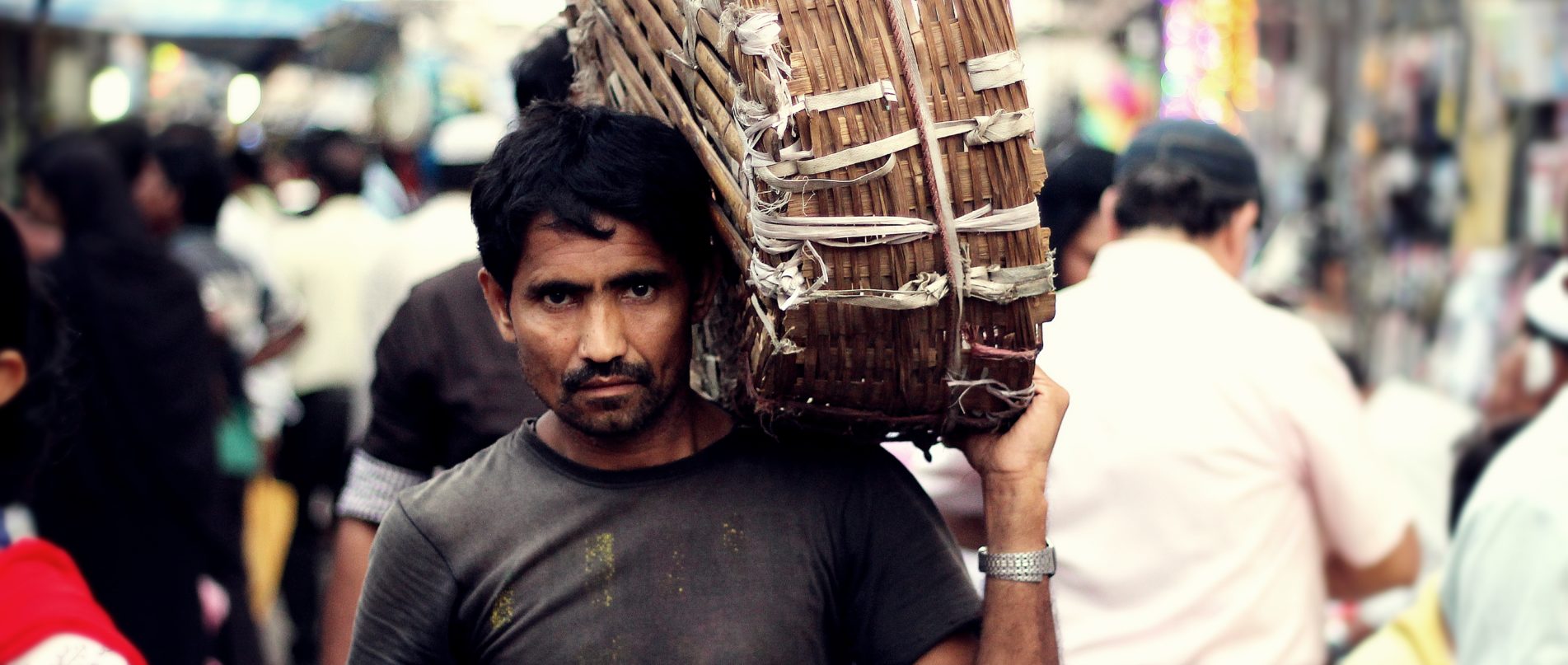
Prompt Images
The two men stood oddly close, to specifically not speak to each other.
They were nearly identical in size and stature, both wearing white shirts with black slacks, their hands clasped behind their backs when not being used to point violently at the other or to usher someone inside. The man to the left endlessly disparaged his rival, hurling barbs and sneaky asides to anyone in earshot, while the man on the right chose his moments carefully and delivered his lines with grinding purpose. There was a long-distance race unfolding between them, one could tell. To the right the tortoise, to the left the hare.
Each man stood next to the door on their side, a single-file line of hungry people on the staircase below waiting to be let into the building. To the casual observer, the two doors led into one large, glittery Indian restaurant, which was seemingly split in half and guarded by the two men. But, in actuality, the doors entered into two separate, neighboring establishments where their chefs prepared the same dishes, handing them to the identically dressed waiters, who served them to tables located in similarly furnished, low-ceilinged rooms full of people waiting to eat.
The two dining rooms choked on Christmas lights, which were hung claustrophobically from the already low ceilings, as if a festive strain of Spanish moss had invaded the inner city. The walls showcased brightly painted murals and stock photographs of food significantly larger in portions than those offered by either of the restauranteurs, as well as hilarious wallpaper and various gold decorations, which dangled dustily over the diner’s dishes. The effect was kaleidoscopic to be sure, resulting in two very brightly lit, parallel restaurants mirroring each other in their physical architecture, style, and ethos.
Sonically, it was very interesting. To stand on the staircase was akin to participating in a South Bronxian DJ battle gone awry, the competing music creating a cacophonous, dissonant hellscape where the vocals and higher frequencies became momentarily clear depending on which door was opened.
There were approximately seven steps separating the hungry crowd from the two men, but only two feet separating them from each other. Leading up the staircase were beautifully complex wrought iron banisters painted black, and embolized with worn, gray patches of primer exposed by the crowds, who climbed the stairs in droves as the two men attempted to ally them into their side.
Diners approached the two men in one of two ways, as is common in all facets of city life: hip to the jive, or as confused, sub-literate bonehead tourists lacking any semblance of self-awareness, style, intellect, couthe, or moral center. The men treated the tourists like tourists, pointedly and directly ignoring any of their questions that weren’t about entering their restaurant. They both focused exclusively on the progress of the other, and they undercut each other at every opportunity by relentlessly offering free appetizers, house wine goblets, or delicious mango lassis in an attempt to steal the potential diners away.
After winning a particularly sizable group, the victor escorted his guests inside without even looking at them. He instead maintained eye contact with his rival, laughing and gloating with the lunacy of a late stage syphilitic. The luxuriating in victory was staggering to behold, as if looking upon Gomorrah in its prime. Despite the obvious threat of hubris, the downfall never came for these two men, as business was good. Very good.
People and the aforementioned sub-humans alike traveled far and wide to try the tikka masala, which contained chickens roasted to such perfection that one imagines they flew into the fire on their own accord, simmering in a smooth, creamy tomato and coriander sauce that pops with a deep, earthy orange existing only on hyper-color-saturated postcards from Arizona and in the tiny, overused dishes on East 6th Street. The currys of every color had modern day émigrés speaking nonsense, blubbering about their childhood meals and memories. The naan was as soft and pillowy as a breast, and just as beloved. The vindaloo was lethal.
Business continued at a screamer’s pace for hours and hours. The carnivalesque savagery that one saw at the front door was mirrored only in the speed and efficiency that the staff worked in the dining hall, which was manic, joyful, and indeed a meal worth the time. Waiters danced and patrons clapped their hands together to the music, the entire restaurant celebrating the experience of being there together, just being happy.
At the day’s end, the two men counted their money and basked in another day’s fortune. As they closed up shop, they released their staff one at a time with a firmly gripped handshake containing the day’s haul, and the men thanked them. They supervised the kitchen prep and locked up the cellar, slowly working their way from back to front, dodging Christmas lights and blowing out candles. At last they turned out the lights and exited, holding the front doors for their wives as they gathered their thoughts and coats, preparing to face the deserted streets of the city.
Wordlessly, the two men picked out the near-identical key that locked their respective doors, pulling down matching iron cages over the windows, locking them with the same, indistinguishable padlocks that held fast so many other cages around the city. The crowds were gone now, replaced with trash tornadoes and rats, illuminated noir-ishly by moonlight and street lamps.
The two men then faced one another and silently considered each other as they had so many other times before.
They then shook hands, saying nothing, and went their separate ways. One to the left, the other to the right.



